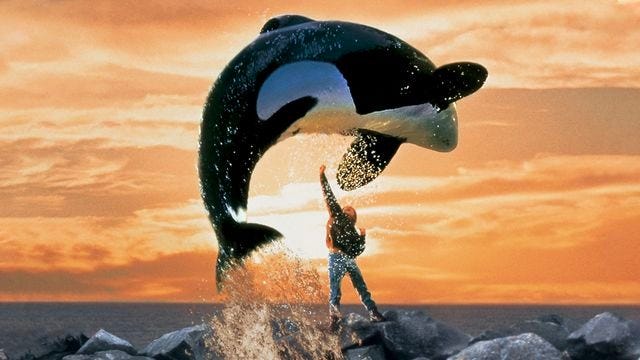Free Will
Man is free at the instant he wants to be.
-Voltaire
Whether free will exists or not, we should all believe free will exists. But for the record, we clearly have free will.
Many argue that free will is an illusion– look at what you're saying. Did you consciously think of what you said before you said it? We rarely have control over what we say and how we act. Almost all of what we do isn’t consciously thought about and planned beforehand, so we don’t have free will. QED.
This is fundamentally misunderstanding how the human mind works. We can’t consciously think of more than one thing at once. It’s why our predictions fail, and we need to abstract. Consciousness is real time error correction. However, our unconscious mind is constantly multitasking.
When you first learn to drive a car, 100% of your conscious effort can be on driving a car. Even with your entire conscious effort on driving, you’ll be an awful driver. After years of driving, you can drive while absorbed in other thoughts or having a conversation or singing along to music. You find yourself arriving at places without having thought of your driving actions. Even with your conscious thoughts elsewhere, you’re a better driver than you were with 100% of your conscious effort on driving a car.
The same can be said for the first time doing any activity. Whether it be swimming, reading, or playing a sport. The first time requires intense conscious concentration. Once we’re good enough at a skill, it becomes unconscious. Our conscious mind trains our unconscious mind. This is how we level up. This is how we become better at a craft.
After years of training, it becomes intuitive what is good product design vs bad product design. Early on, one has to study to understand the intricacies the same way professional chess players have to study thousands of openings and tactics. At the highest levels, positional moves in chess are often easier explained by feeling. It’s an unconscious feeling based on pattern recognition of tens of thousands of games. Past conscious effort trains the unconscious.
Our unconscious mind is our autopilot. Most of what we do is unconscious. We don’t have control over our heart beating nor our digestive system. We have an automatic nervous system. We don’t need to consciously think about breathing unless we’re trying to change our breathing habits. These are unconscious processes.
In terms of free will, our conscious effort trains our unconscious. Our past conscious actions drive our unconscious actions. Everything we do stems from what we consciously do or did. Human free will is weird as we can only consciously make one alteration at a time. It’s on us to use our consciousness wisely. Future versions of us will thank ourselves for it.

